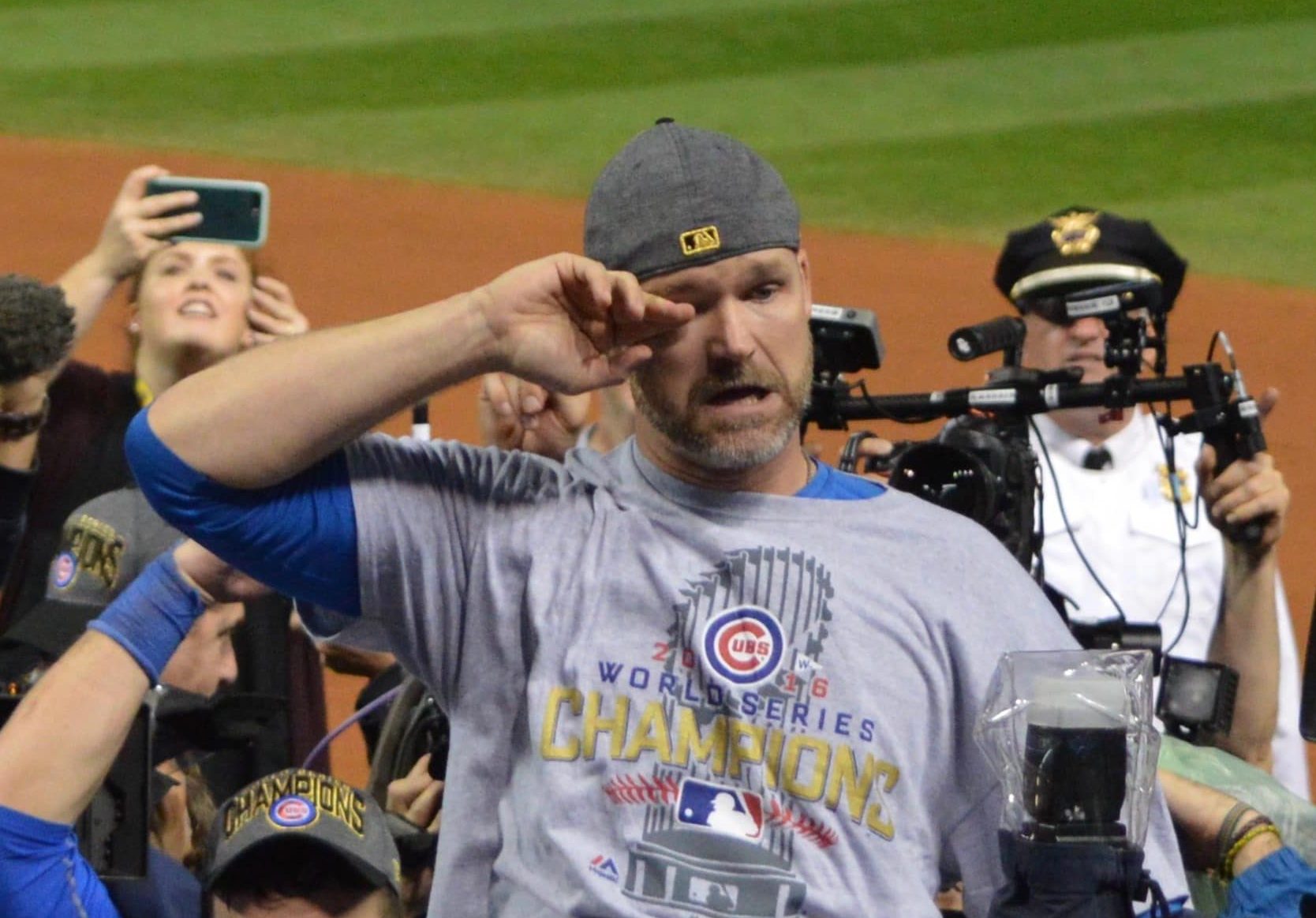
Can Cubs Emulate Same Consistent Success Red Sox Have Developed?
The Red Sox just won the World Series by beating the Dodgers somewhat unceremoniously in five games after basically running roughshod over the AL all season. After an 86-year title drought, Boston has now captured four championships in the last 15 years and figures to be right there in contention for another next year.
As you may remember, the Cubs recently ended a similar title dry spell and have made good on their goal of being consistently competitive. The fact that Chicago won a World Series is nothing to sneeze at. The Dodgers, Mets, and Rangers are notable recent examples of clubs that reached the doorstep of glory only to be turned back. Cleveland made it to the 10th inning of Game 7 before falling short.
But for as much as that title meant to the Cubs and their fans, the hope is to generate the kind of success the Red Sox have achieved. That means building an organizational momentum that creates perpetual success in spite of change. Boston has had three different general managers during their title runs: Epstein led the first two incarnations in 2004 and ’07 before moving to Wrigleyville; Ben Cherington took the reins and en route to the 2013 crown; and veteran executive Dave Dombrowski shepherded a much different 2018 squad to glory.
What lessons can the Cubs draw from the Red Sox when it comes to creating a similar culture of on the North Side of Chicago? As it turns out, they have a lot of the same ingredients needed to go on a title run. Despite the front office shuffling, the Sox have had stability at the very top. John Henry has owned the team since 2002 and his mandate in that time has been simple: Winning is the top priority. Henry has been willing to give management all the resources they need to win.
Cubs Chairman Tom Ricketts has followed a path much like Henry since his family purchased the Cubs in 2009. He has been willing to spend on players, staff, and facilities to maximize the team’s chance to win. Both the Sox and Cubs are among the top five teams when it comes to total revenue. That windfall assures the ability to afford the best resources available in all aspects of the game, and that’s before the Cubs finalize their lucrative new broadcast deal.
The Sox are ahead here, as they have been realizing significant windfalls from their 80 percent ownership of the New England Sports Network (NESN). The Cubs aren’t exactly going broke from their current patchwork TV deal, but breaking from previous partnerships to form their own network ahead of the 2020 season will give them a license to print money.
Henry oversaw a refurbishment of historic Fenway Park very much akin to the recent renovations of Wrigley Field and the surrounding neighborhood. These upgrades further increased cash flow to the wealthy organization’s already loaded coffers. Despite changes, the tradition and history of both historic ballparks sets them apart from most in MLB. Games at Wrigley and Fenway just feel different from those at other ballparks.
Even on the road, the generations of fans this history produces is evident as Cubs and Sox fans flood road parks as visitors. The players feel like a rock band on tour as every game becomes a destination event rather than just a random road contest in June. That electric atmosphere is intoxicating and can be a powerful draw to marquee free agents. It’s also executive, driving everyone in the organization to keep it going.
It’s clear the Cubs have a lot of the ingredients needed to match the quasi-dynasty the Red Sox have established. But that alone hardly guarantees success, as other teams with similar elements have struggled to reach the top of the mountain. While nothing is set in stone, there are few more advantageous positions than the one the Cubs find themselves occupying right now.
